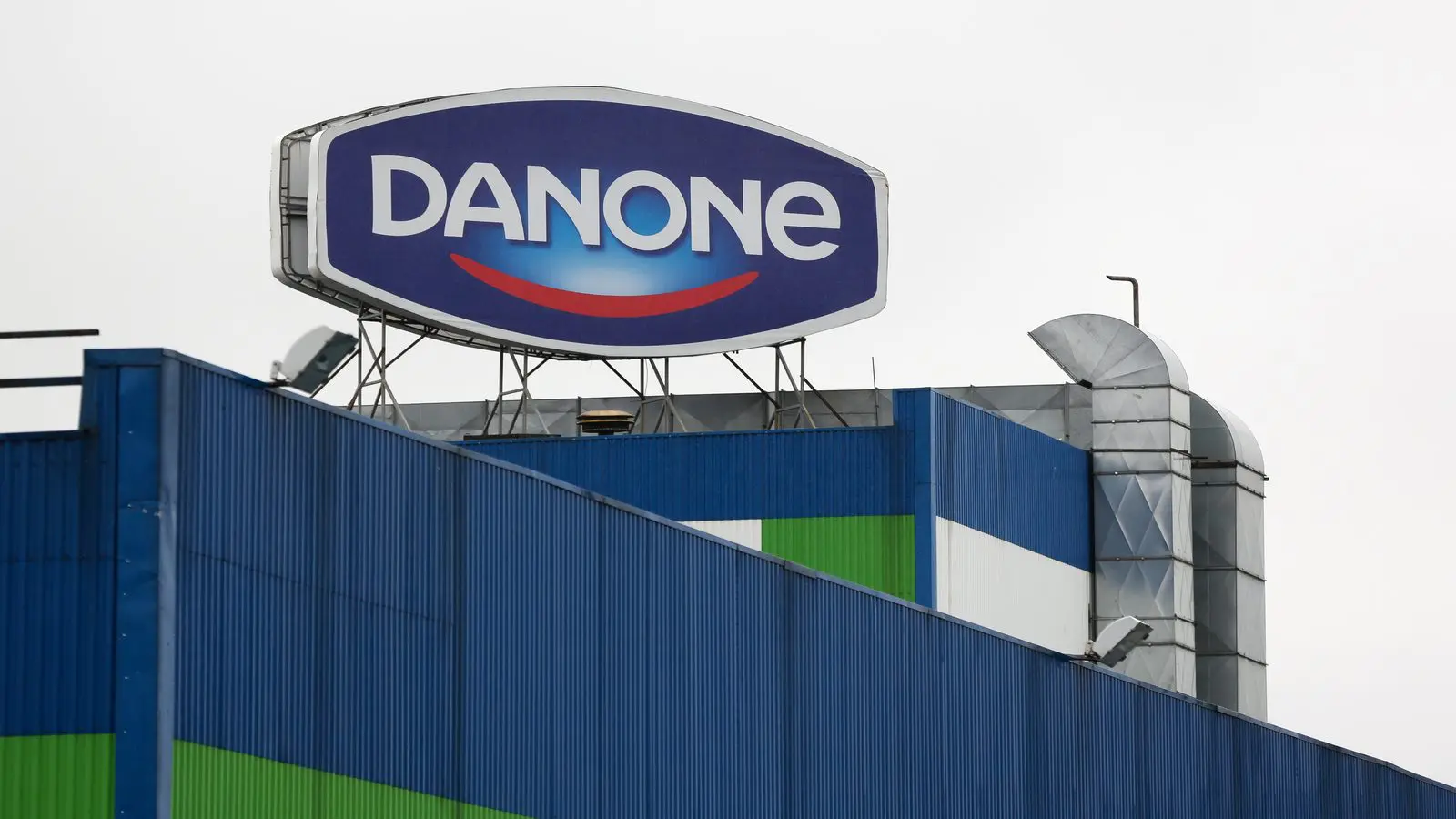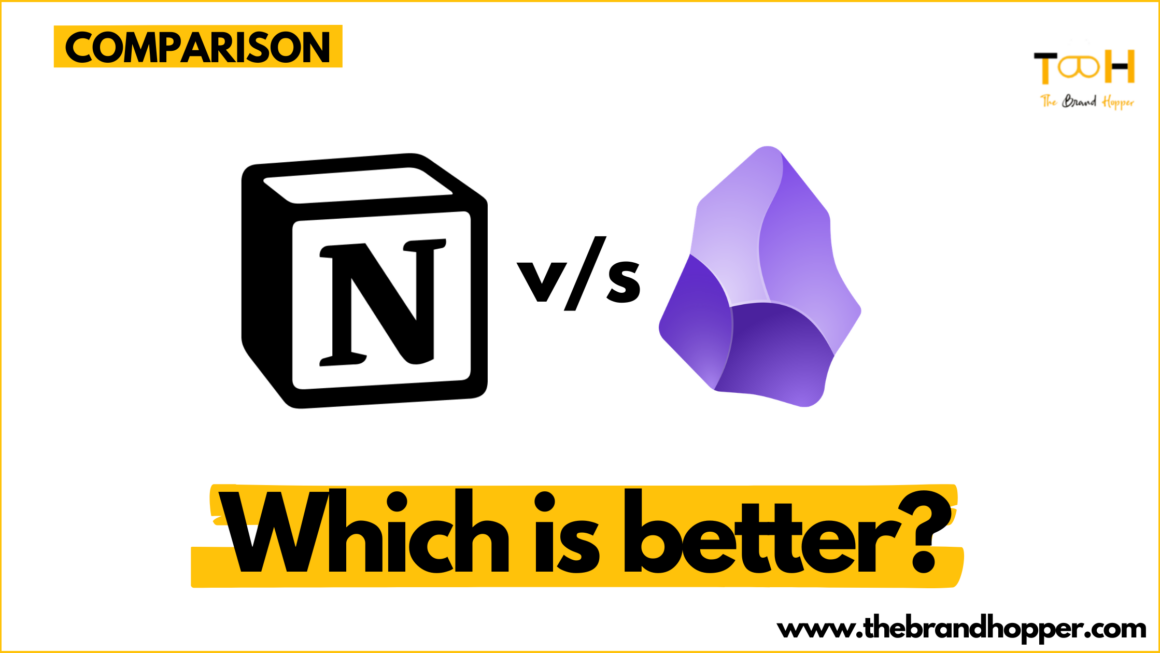Danone, also known as Groupe Danone or the Danone Group, is a multinational food-products corporation headquartered in Paris, France. With a rich history dating back to 1919, Danone has grown to become one of the world’s leading food companies, specializing in dairy products, plant-based foods, bottled water, and specialized nutrition.
The company was founded by Isaac Carasso, a Sephardic Jewish immigrant from the Balkans, who began producing yogurt in Barcelona, Spain. He named the company after his son, Daniel, using the Catalan nickname “Danon.” The business expanded to France in 1929 when Daniel Carasso opened a yogurt factory in Paris. From these humble beginnings, Danone has evolved into a global powerhouse in the food industry.

Danone’s growth trajectory has been marked by strategic acquisitions and mergers. In 1967, Danone merged with Gervais, a major French cheese producer, forming Gervais Danone. This was followed by a merger with BSN Group in 1973, a glass container manufacturer that had diversified into food products. The combined entity adopted the name BSN-Gervais Danone, which was later simplified to Groupe Danone in 1994.
Throughout its history, Danone has maintained a strong focus on health and nutrition. This commitment is reflected in its corporate mission: “Bringing health through food to as many people as possible.” This philosophy has guided the company’s product development and business strategies, leading to a portfolio that emphasizes nutritious and functional foods.
Danone operates through four main business lines:
- Essential Dairy and Plant-Based Products (EDP): This division includes yogurts, fermented dairy products, and plant-based alternatives. Brands like Activia, Actimel, Danone, and Alpro fall under this category.
- Specialized Nutrition: This segment focuses on early life nutrition (infant formula and baby food) and medical nutrition. Brands such as Aptamil, Nutricia, and Fortimel are part of this division.
- Waters: Danone is a major player in the bottled water market with brands like Evian, Volvic, and Aqua.
- Advanced Medical Nutrition: This division provides specialized nutrition for people with specific dietary needs due to illness or age.
Danone’s commitment to sustainability and social responsibility is another defining characteristic of the company. In 2020, Danone became the first listed company to adopt the “Entreprise à Mission” status in France, legally embedding consideration of social and environmental impacts into its bylaws. The company has set ambitious goals for reducing its environmental footprint, including achieving carbon neutrality by 2050.
Innovation has been a key driver of Danone’s success. The company invests heavily in research and development to create new products that meet evolving consumer needs and preferences. This includes developing plant-based alternatives to dairy products, creating probiotic foods for digestive health, and formulating specialized nutrition products for various medical conditions.
Danone’s global presence is substantial, with operations in over 120 countries and employing more than 100,000 people worldwide. The company’s products are sold in virtually every corner of the globe, adapting to local tastes and dietary habits while maintaining consistent quality standards.
Financially, Danone is a robust entity, consistently ranking among the largest food companies globally by revenue. In 2023, the company reported sales of €27.62 billion, demonstrating its significant market presence and financial strength.
However, like many multinational corporations, Danone has faced challenges. These include changing consumer preferences, particularly in developed markets where there’s a shift towards healthier and more sustainable food options. The company has also had to navigate complex regulatory environments, fluctuating commodity prices, and intense competition in the global food industry.
In response to these challenges, Danone has implemented various strategic initiatives. These include streamlining its product portfolio, investing in emerging markets, and doubling down on its commitment to health and sustainability. The company has also embraced digital transformation, leveraging data analytics and e-commerce to better understand and serve its customers.
Danone’s corporate culture is characterized by a strong emphasis on social responsibility and employee well-being. The company has implemented numerous programs aimed at promoting diversity, inclusion, and professional development among its workforce.
As Danone moves forward, it continues to evolve its business model to address global challenges such as climate change, resource scarcity, and changing dietary patterns. The company’s ‘One Planet. One Health’ frame of action exemplifies its holistic approach to business, recognizing the interconnectedness of human health and the health of the planet.
In conclusion, Danone stands as a testament to the power of purpose-driven business. From its origins as a small yogurt producer to its current status as a global food industry leader, Danone has maintained a commitment to health, nutrition, and sustainability. As it navigates the complexities of the 21st-century food landscape, Danone continues to shape the industry and contribute to global discussions on health, nutrition, and sustainable business practices.
Marketing Strategies of Danone
Danone is known for its innovative marketing strategies that align with its commitment to health, sustainability, and consumer-centric approaches. The company, with brands like Activia, Evian, and Oikos under its portfolio, has crafted a unique marketing approach that allows it to maintain strong brand equity while adapting to global and local market demands.
1. Health and Wellness Positioning
Danone has strategically positioned itself in the health and wellness sector as part of its broader marketing strategy, emphasizing a commitment to delivering health through food. This positioning is not merely a marketing gimmick; it reflects Danone’s core mission to provide nutritious products that cater to diverse consumer needs across all life stages. The company’s focus on health is evident in its product categories, which include dairy and plant-based products, baby formulas, medical nutrition, and natural mineral waters. Each of these categories is designed to meet specific nutritional requirements, showcasing Danone’s dedication to enhancing consumer well-being through scientifically backed food solutions.
One of the key campaigns that exemplifies this health-focused approach is the “Making Every Age the Best Age” initiative. Launched in France, this campaign aims to educate consumers about the critical role food plays in maintaining health throughout life. By highlighting its expertise in nutrition, Danone seeks to inspire healthier eating habits and promote products that support various age groups—from infants to seniors. This campaign not only enhances brand visibility but also reinforces Danone’s reputation as a leader in health-oriented food products. Furthermore, the introduction of innovative products like Activia+—a probiotic yogurt drink enriched with vitamins for immune support—demonstrates how Danone is responding to modern consumer demands for functional foods that contribute to overall wellness.

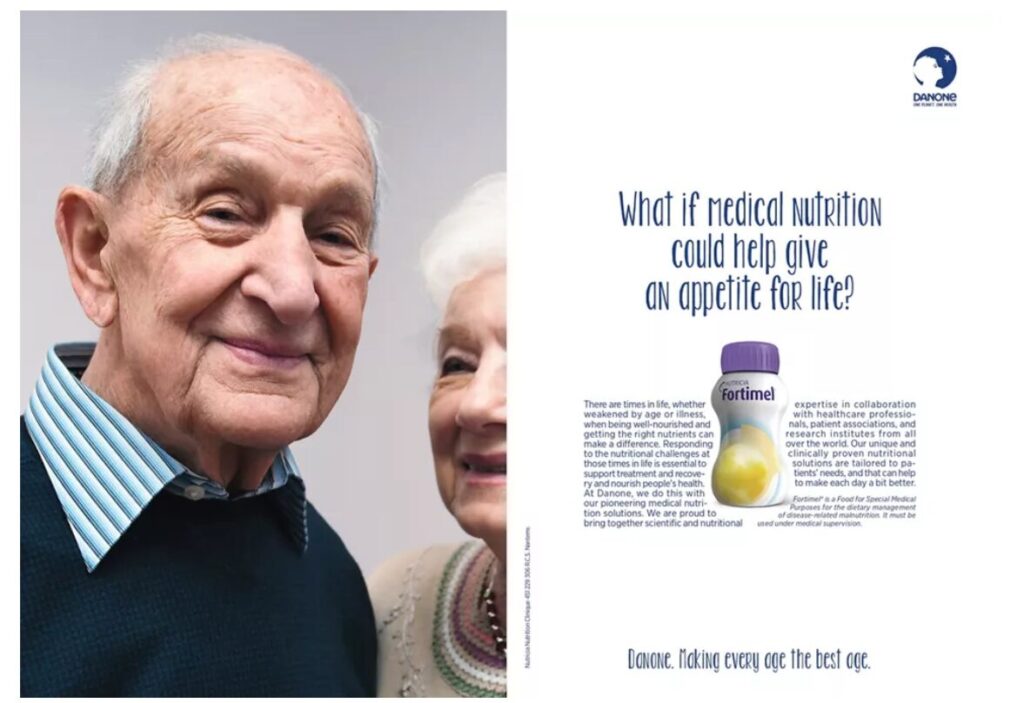
In addition to traditional marketing strategies, Danone leverages digital platforms and influencer partnerships to engage with its target audience effectively. For instance, the Oikos SnackMobile campaign involved a mobile canteen that distributed free samples of Oikos yogurt at events across Canada, creating memorable interactions with consumers. This innovative approach not only increased brand awareness but also fostered community engagement and loyalty. By utilizing social media and educational content, such as blogs on nutrition and healthy eating habits, Danone further solidifies its position as a trusted source of health-related information. Overall, Danone’s marketing strategy reflects a comprehensive understanding of consumer needs and a commitment to promoting health and wellness through its diverse product offerings.
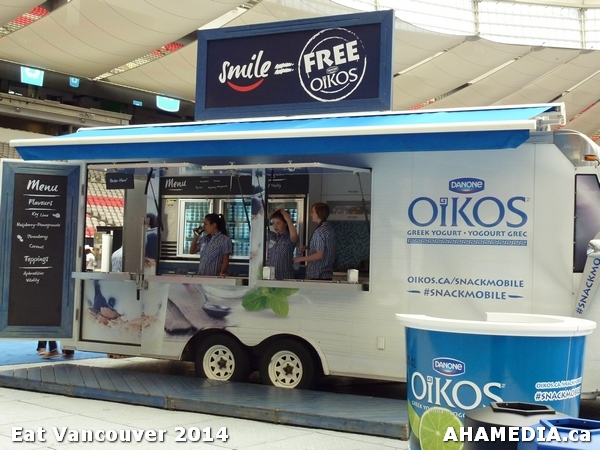
2. Sustainability and Corporate Social Responsibility (CSR)
Danone has embraced sustainability and corporate social responsibility (CSR) as integral components of its marketing strategy, aligning its business practices with consumer expectations for ethical and environmentally friendly products. This commitment is encapsulated in Danone’s “Impact Journey,” which focuses on three pillars: health, nature, and people & communities. By framing its sustainability efforts around these pillars, Danone not only enhances its brand image but also fosters consumer trust and loyalty. The company’s strategic plan, Renew Danone, emphasizes reconnecting with a sustainably profitable growth model, showcasing how CSR can drive both social impact and business success.
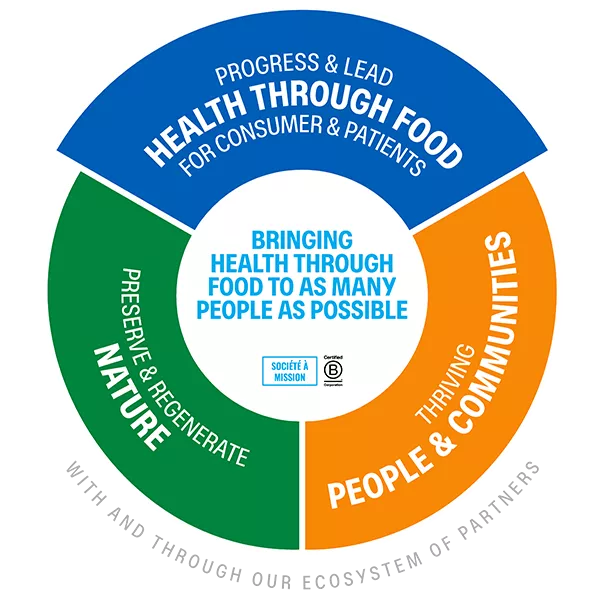
One notable example of Danone’s sustainability initiatives is its partnership with the Dairy Methane Action Alliance, which aims to significantly reduce methane emissions from dairy production. Through collaboration with major dairy companies, Danone is taking proactive steps to mitigate climate change while promoting sustainable agricultural practices. Additionally, the company’s long-standing relationship with the Convention for Wetlands highlights its dedication to preserving natural resources; this partnership focuses on managing Evian’s mineral recharge sites to protect biodiversity and ensure sustainable water sourcing. Such initiatives not only demonstrate Danone’s commitment to environmental stewardship but also resonate with consumers who prioritize sustainability in their purchasing decisions.
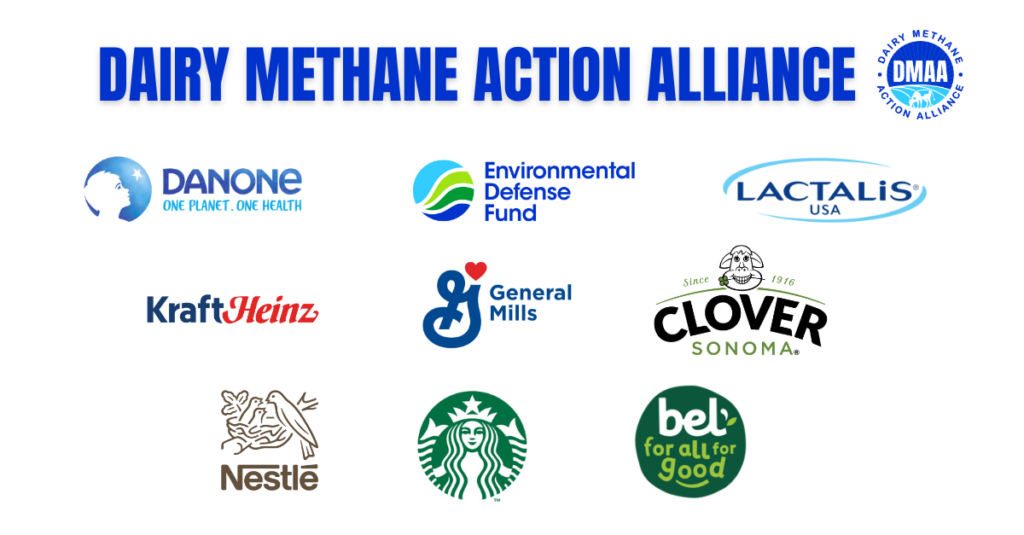
Danone’s marketing strategy also leverages transparency and community engagement to reinforce its CSR commitments. For instance, the company actively shares its sustainability goals and progress through detailed reports and public disclosures, fostering accountability and trust among stakeholders. Danone’s inclusion in the FTSE4Good Index reflects its adherence to high environmental, social, and governance (ESG) standards, further enhancing its reputation as a responsible corporate citizen. Moreover, by launching campaigns that educate consumers about healthy eating habits and sustainable practices—such as initiatives supporting breastfeeding and addressing iron-deficiency anemia—Danone not only promotes its products but also positions itself as a leader in health advocacy. This multifaceted approach illustrates how Danone effectively integrates sustainability and CSR into its marketing strategy, creating a positive impact on society while driving business growth.
3. Localized Marketing Approach
Danone’s localized marketing approach is a cornerstone of its global strategy, allowing the company to effectively engage with diverse consumer bases across various regions. By tailoring its products and marketing initiatives to meet local tastes, preferences, and cultural nuances, Danone successfully enhances its brand relevance. For example, in India, Danone launched a range of yogurt products specifically designed to cater to local palates, incorporating flavors such as mango and cardamom. This adaptation not only resonates with Indian consumers but also demonstrates Danone’s commitment to understanding and respecting local culinary traditions.
A prime illustration of Danone’s localized marketing strategy is its “Dannon” brand in the United States, which underwent significant rebranding to appeal to American consumers. Initially, Danone’s yogurt was marketed under its original name, which did not resonate well with the U.S. market. To overcome this challenge, the company rebranded as “Dannon” and introduced flavored yogurts that emphasized taste over health benefits. This shift was pivotal in transforming yogurt from a niche health food into a mainstream product enjoyed by a wider audience. The success of this strategy is evident in Dannon becoming one of the leading yogurt brands in the U.S., capturing significant market share through flavors that appealed to American consumers.
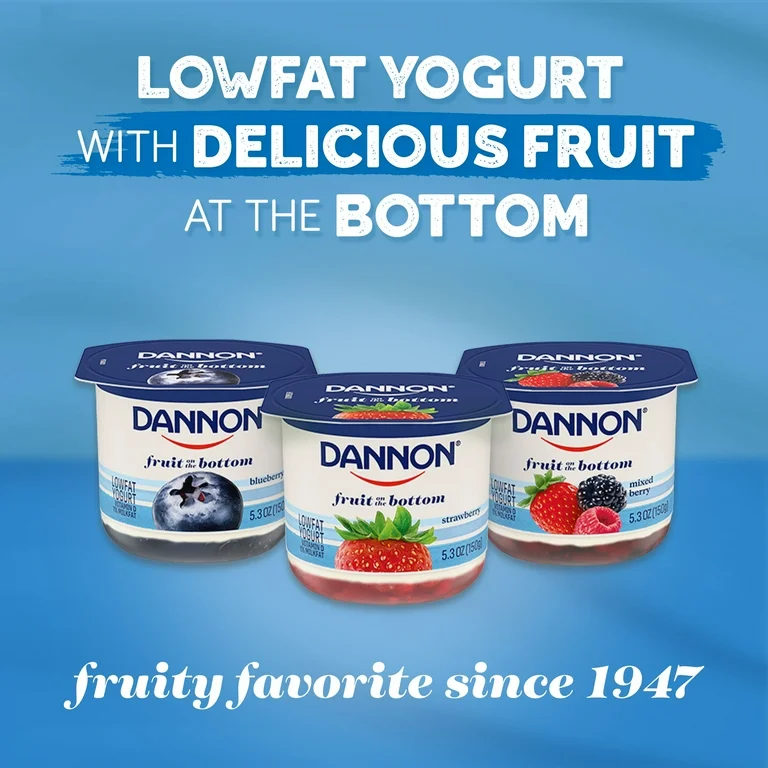
Moreover, Danone actively engages in community-focused initiatives that align with its localized marketing efforts. For instance, in several countries, Danone has partnered with local farmers to source ingredients for its products, thereby supporting local economies and promoting sustainable practices. The “One Planet. One Health” initiative exemplifies this commitment by fostering sustainable agriculture while ensuring product quality. Additionally, Danone’s campaigns often highlight local stories and cultural elements, such as featuring local athletes or community leaders in advertisements, which strengthens emotional connections with consumers. This approach not only enhances brand loyalty but also positions Danone as a socially responsible company that values its relationship with local communities.
4. Innovation in Product Development and Marketing
Danone has positioned innovation in product development and marketing as a pivotal strategy to stay competitive in the rapidly evolving food and beverage industry. By focusing on consumer insights and emerging trends, Danone continuously adapts its offerings to meet the changing preferences of health-conscious consumers. A prime example of this is the launch of YoPRO, a high-protein yogurt line that caters to the growing demand for nutritious snacks. Through extensive qualitative research leveraging AI, Danone gained valuable insights into consumer behavior, which informed the brand’s messaging and product features. This approach not only enhanced consumer engagement but also solidified YoPRO’s position in a competitive market, demonstrating how data-driven strategies can lead to successful product innovations.
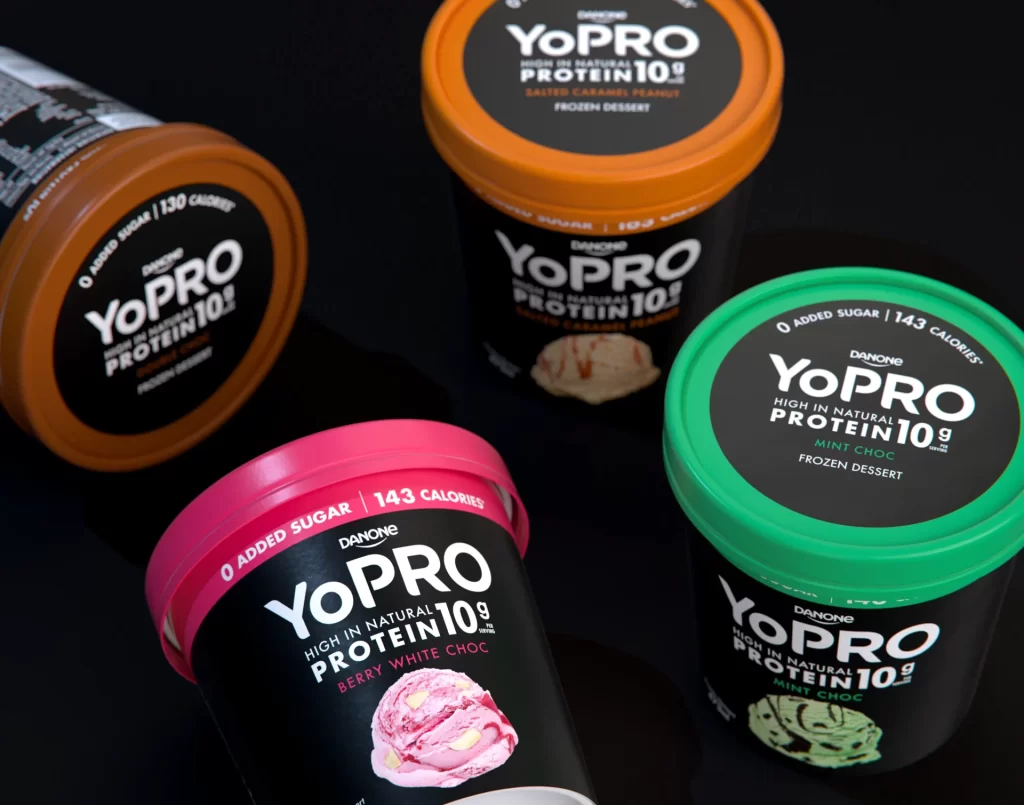
In addition to product development, Danone employs innovative marketing campaigns that resonate with local audiences. The Danoninho Petit Pouch launch in Brazil exemplifies this localized strategy. Faced with a declining market for fromage frais, the Brazilian team utilized shopper data to identify new consumption occasions and tailored their marketing approach accordingly. This resulted in one of the most successful product launches in the sector since 2014, reaching 5.9 million households within a year. By adapting global products to fit local needs and preferences, Danone not only revitalized a struggling category but also attracted new customers, showcasing the effectiveness of localized marketing strategies.
Furthermore, Danone’s commitment to sustainability and health innovation is reflected in its broader strategic initiatives. The company’s “Renew Danone“ strategy emphasizes creating healthier products while reducing environmental impact. For instance, through partnerships with startups via Danone Manifesto Ventures, Danone explores emerging technologies and trends in plant-based nutrition. This proactive approach not only positions Danone as a leader in health and nutrition but also aligns with consumer expectations for transparency and sustainability. By integrating innovation into both product development and marketing practices, Danone effectively addresses contemporary consumer demands while paving the way for future growth in a competitive landscape.
5. Digital Marketing and Social Media Engagement
Danone has effectively harnessed digital marketing and social media engagement as key strategies to connect with consumers and enhance brand loyalty. By maintaining a robust presence on platforms like Facebook, Instagram, and LinkedIn, Danone engages with a diverse audience while promoting its commitment to health and sustainability. The company boasts significant followings across these platforms, with approximately 1.3 million followers on Facebook and 3 million on LinkedIn, allowing it to share informative content, product launches, and corporate initiatives directly with consumers. This strategic use of social media not only fosters community engagement but also reinforces Danone’s brand values in a digital age where consumer expectations are rapidly evolving.
One notable example of Danone’s innovative approach to digital marketing is its use of influencer collaborations to amplify brand messaging. The company has partnered with various influencers to create authentic content that resonates with target audiences. For instance, Danone’s campaign featuring Portuguese influencer Cláudia Vieira led to a remarkable increase in sales—up to ten times higher than regular in-store promotions. This demonstrates the effectiveness of leveraging social media influencers who align with the brand’s values, helping to enhance brand perception and drive consumer engagement in a crowded marketplace.

Furthermore, Danone’s focus on content marketing through its digital channels has allowed it to educate consumers while promoting its products. By publishing blogs and articles on topics such as nutrition, healthy eating habits, and sustainability practices, Danone positions itself as a trusted source of information for health-conscious consumers. This strategy not only drives traffic to its website but also fosters a sense of community among consumers who seek guidance on their health journeys. Additionally, the integration of artificial intelligence in Danone’s marketing efforts is paving the way for personalized consumer experiences, allowing for tailored advertising that meets individual preferences. Through these multifaceted digital marketing strategies, Danone effectively engages its audience while reinforcing its commitment to health and sustainability.
6. Strategic Partnerships and Collaborations
Danone has strategically embraced partnerships and collaborations as a vital component of its marketing strategy, aiming to enhance innovation, sustainability, and market reach. The “Partner for Growth” program exemplifies this approach, focusing on building relationships with a diverse range of stakeholders, including startups, corporates, and academic institutions. Launched in 2023, this initiative aims to identify and develop partnerships that capitalize on consumer trends and unlock growth opportunities. By collaborating with organizations like Chr. Hansen, a bioscience company, Danone is leveraging advanced bio-solutions to push the boundaries of innovation in dairy and plant-based categories, thereby enhancing product offerings while addressing sustainability challenges.
A significant aspect of Danone’s collaborative efforts is its commitment to sustainability through strategic alliances. For instance, partnerships with companies like Circulate Capital aim to improve plastic recycling capabilities and enhance the company’s environmental footprint. These collaborations not only help Danone meet its sustainability goals but also resonate with environmentally conscious consumers who increasingly prefer brands that demonstrate social responsibility. Additionally, Danone’s partnership with McCarty Family Farms focuses on pioneering regenerative agriculture practices, showcasing how strategic alliances can drive both innovation and positive environmental impact.
Moreover, Danone’s approach to partnerships extends beyond product development to encompass broader market strategies. By engaging in joint business development plans and co-innovation initiatives, Danone is better positioned to respond to evolving consumer needs and preferences. The company’s emphasis on integrating sustainability into every aspect of its operations reflects a holistic understanding of modern consumer expectations. For example, through collaborations that enhance supply chain efficiencies and reduce waste, Danone not only improves its operational performance but also strengthens its brand image as a leader in health-focused and environmentally friendly products. This multifaceted strategy underscores how strategic partnerships are essential for Danone’s continued growth and relevance in the competitive food and beverage industry.
7. Cause-Related Marketing
Danone has effectively integrated cause-related marketing into its overall marketing strategy, leveraging social responsibility to enhance brand loyalty and consumer engagement. By aligning its products with social causes, Danone not only addresses pressing global issues but also resonates with consumers who prioritize ethical consumption. A prominent example of this is the company’s partnership with the UNITAR initiative, which focuses to educate on climate change. . This initiative not only reinforces Danone’s commitment to health and wellness but also positions the brand as a proactive participant in global climate issues.

Another impactful campaign is Danone’s “One Planet. One Health” initiative, which emphasizes the interconnectedness of human health and environmental sustainability. This campaign encourages consumers to make healthier food choices while also considering their environmental impact. For instance, Danone has launched various products that are not only nutritious but also sustainably sourced, such as its plant-based offerings that promote a lower carbon footprint. Additionally, through social media campaigns and community engagement efforts, Danone raises awareness about environmental issues and promotes sustainable practices among its consumers. By intertwining cause-related marketing with product offerings and consumer education, Danone effectively enhances its brand image while fostering a loyal customer base that shares its values.
8. Product Transparency and Clean Labeling
Danone has prioritized product transparency and clean labeling as essential elements of its marketing strategy, reflecting a growing consumer demand for honesty and clarity in food products. By providing clear and comprehensible labels, Danone empowers consumers to make informed choices about their health and nutrition. The company has committed to ensuring that 95% of its dairy and plant-based products feature interpretative nutritional information on-pack or online by 2025. This initiative not only enhances consumer trust but also aligns with Danone’s broader goal of promoting healthier eating habits. For instance, the introduction of the “Nutri-Score” labeling system across various European markets allows consumers to quickly assess the nutritional quality of products, facilitating healthier choices.
In addition to labeling transparency, Danone actively engages in campaigns that promote clean ingredients and sustainability. A notable example is the reformulation of its yogurt products to reduce added sugars while enhancing flavor, which addresses consumer concerns about health without compromising taste. Furthermore, Danone’s commitment to eliminating problematic packaging materials, such as polystyrene, by 2025 reinforces its pledge to sustainability and transparency in product sourcing and manufacturing processes. By prioritizing product transparency and clean labeling, Danone not only meets consumer expectations but also strengthens its position as a leader in health-focused food innovation.
Conclusion..
Danone’s marketing strategies effectively combine health-centric positioning, sustainability, and innovation to stay competitive in a crowded market. By maintaining a clear focus on consumer needs and global trends like wellness, transparency, and environmental responsibility, Danone not only enhances its brand value but also fosters strong consumer loyalty. Through a mix of localized strategies, digital engagement, and strategic partnerships, Danone has cemented its place as a leading food and beverage company globally.
Marketing Mix of Danone
The marketing mix (4Ps) of Danone offers insights into how the brand strategically balances product, price, place, and promotion to maintain its global presence and competitiveness in the food and beverage industry. Here’s a detailed breakdown:
1. Product
Danone’s product portfolio is extensive, encompassing dairy products, plant-based foods, bottled water, baby food, and medical nutrition. Its core focus is on health and wellness, with products tailored to promote nutrition, digestive health, and overall well-being. Some key products include Activia, Evian, Aptamil, and Oikos. Danone has also embraced innovation by expanding into plant-based products (like Alpro) to cater to the growing demand for non-dairy alternatives. Additionally, the company ensures that its products are localized to suit regional tastes and preferences, while remaining aligned with global health standards.
Danone’s strategy of product differentiation allows it to offer unique value propositions, such as its probiotic-rich yogurts for digestive health and infant nutrition lines that emphasize organic and high-quality ingredients. The brand also invests in sustainability by promoting eco-friendly packaging and products that contribute to healthier lifestyles, aligning with its vision of “One Planet. One Health.”
2. Price
Danone employs a value-based pricing strategy, positioning its products to reflect their premium quality and health benefits. In more developed markets, Danone’s pricing reflects its commitment to offering high-quality, nutritionally rich products, which allows it to charge a premium price for products like Evian and Activia. These products are marketed not just as commodities but as wellness-enhancing items, justifying their higher cost.
In developing regions, Danone adopts a penetration pricing strategy, offering more affordable options while maintaining its health-centric image. This helps the company reach a broader audience, particularly in emerging markets where consumers may be more price-sensitive. Additionally, Danone employs geographical pricing by adapting product prices to regional economic conditions and consumer purchasing power.
3. Place
Danone’s distribution strategy is extensive and diversified, leveraging both traditional retail and modern e-commerce platforms. The brand’s products are available in supermarkets, hypermarkets, convenience stores, pharmacies, and health-focused retailers, ensuring that they reach a wide range of consumers. Moreover, Danone has strong partnerships with distributors to ensure its products are readily available across both urban and rural markets globally.
Danone also places a significant focus on e-commerce, particularly with the rise of online grocery shopping. It has collaborated with platforms like Amazon, Walmart, and local e-commerce giants to ensure its products are accessible online. The company is also investing in direct-to-consumer (D2C) channels, offering personalized subscription services for specific product lines like baby food and medical nutrition. This omnichannel approach ensures Danone’s products are available whenever and wherever consumers need them.
4. Promotion
Danone’s promotional strategy is heavily focused on health and wellness messaging, aligned with its brand vision of improving both human health and the environment. It utilizes integrated marketing communication (IMC) tools, including television ads, social media campaigns, digital advertising, in-store promotions, and sponsorships. The brand often collaborates with nutritionists, influencers, and medical professionals to promote the health benefits of its products, particularly for infant and medical nutrition lines.
Campaigns such as “Live Young” for Evian and “Stay Strong” for Activia have been highly successful, focusing on the wellness and vitality aspects of the brand. Additionally, Danone has increasingly embraced cause marketing, particularly in its efforts to promote sustainability. For instance, its campaigns frequently highlight the brand’s commitment to reducing its environmental footprint, using eco-friendly packaging, and promoting water conservation.
Danone also participates in corporate social responsibility (CSR) initiatives, such as improving water access in communities, which strengthens its brand image. It leverages social media platforms like Instagram, Twitter, and Facebook to engage with consumers directly, often promoting user-generated content to foster community involvement.
Summary:
- Product: Diverse range of health and wellness products, including dairy, plant-based, and infant nutrition, with a focus on innovation and sustainability.
- Price: Value-based and penetration pricing strategies, with adaptations based on regional market conditions.
- Place: Widespread distribution through traditional retail, e-commerce, and direct-to-consumer channels.
- Promotion: Health-focused campaigns, influencer marketing, and CSR-driven messaging with a strong emphasis on sustainability.
Danone’s marketing mix reflects its commitment to providing high-quality, health-oriented products while balancing pricing, distribution, and promotional strategies to maintain its position as a global leader in nutrition and wellness.
Also Read: Nestle: A Look at the Marketing Strategies and Global Presence
To read more content like this, subscribe to our newsletter

